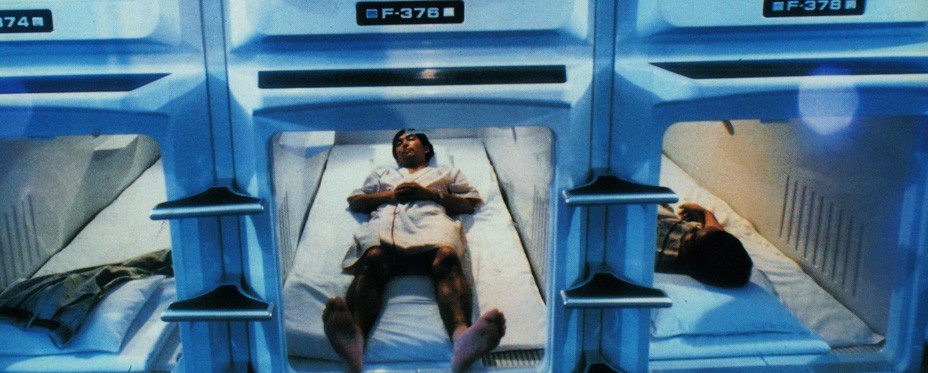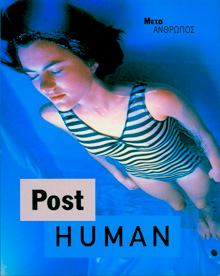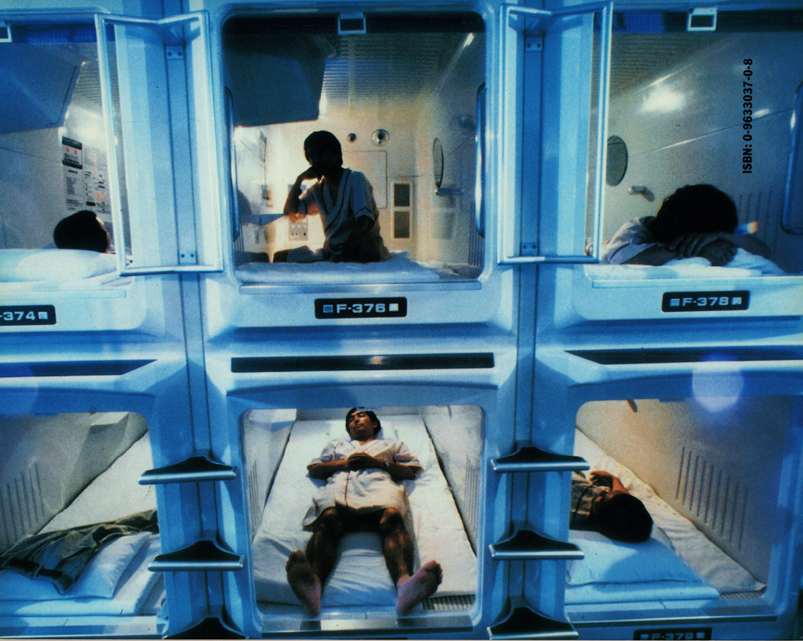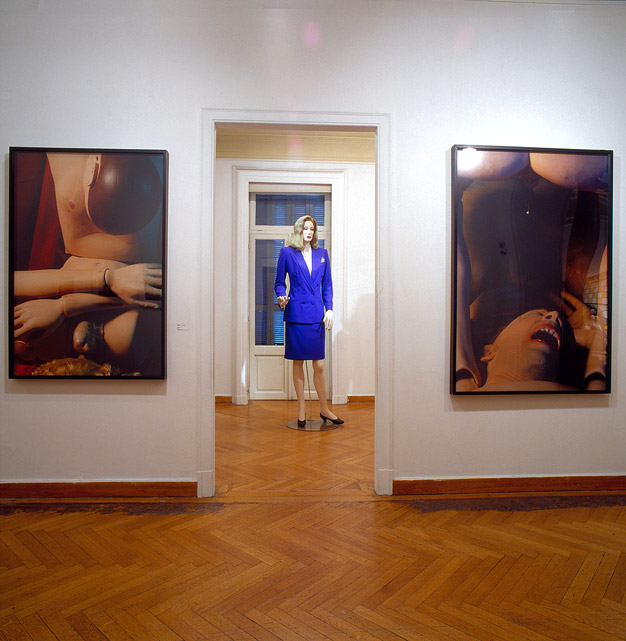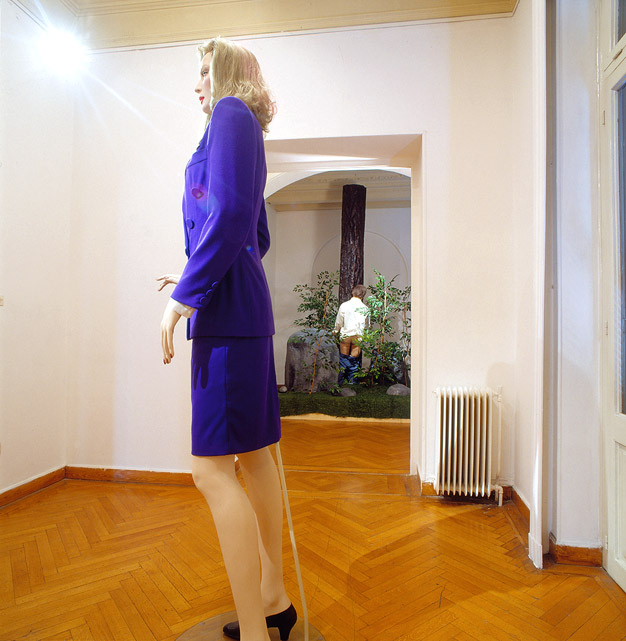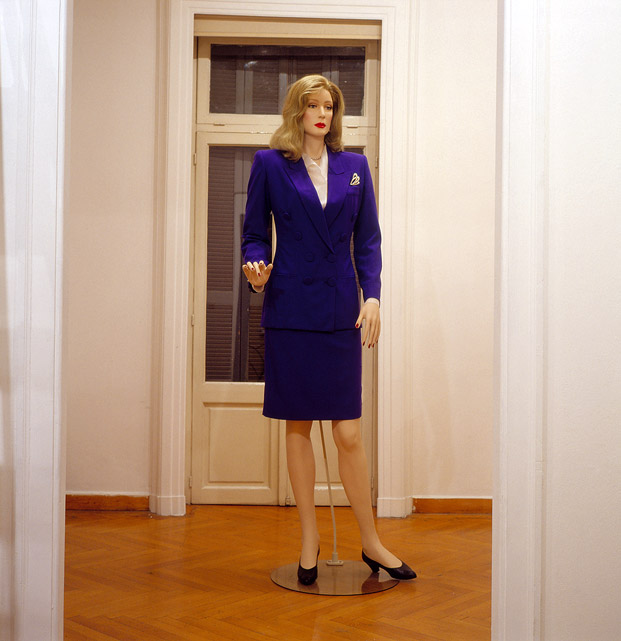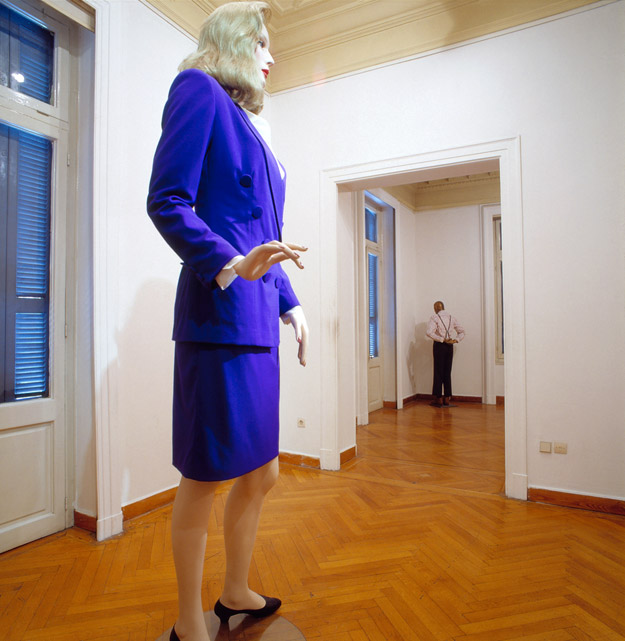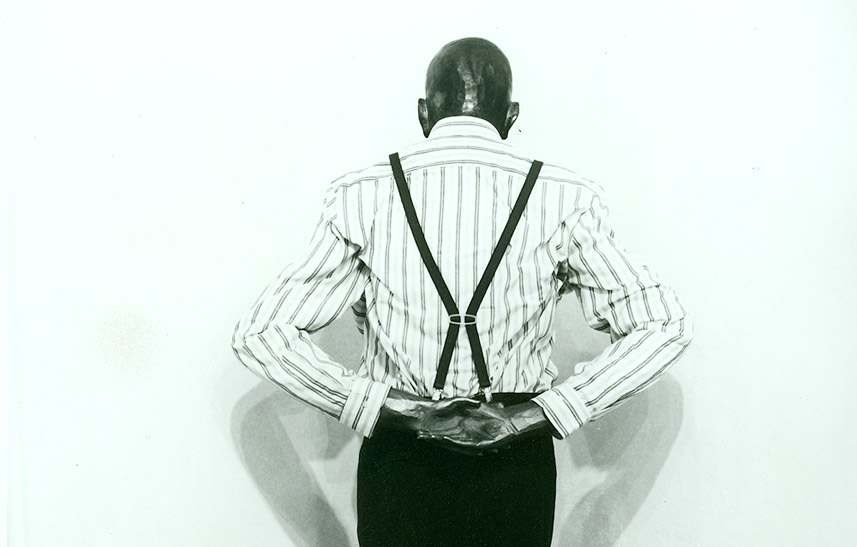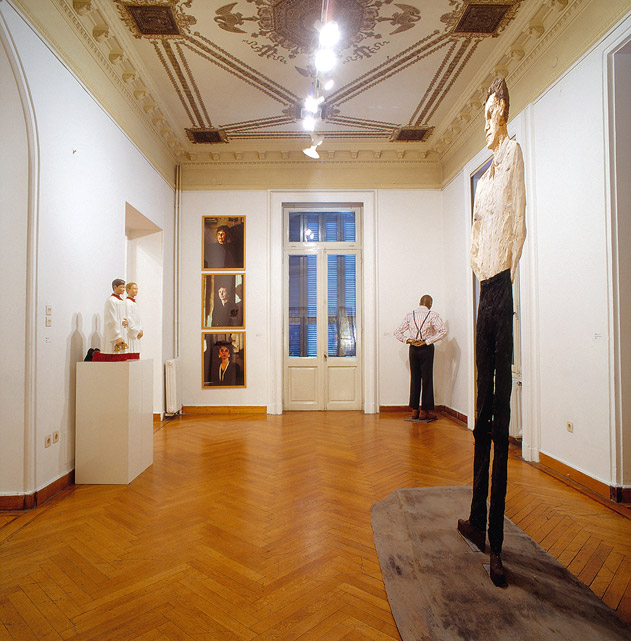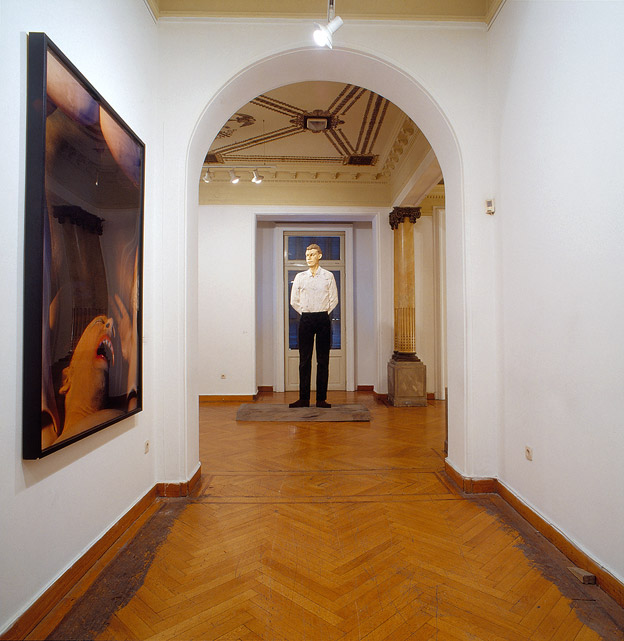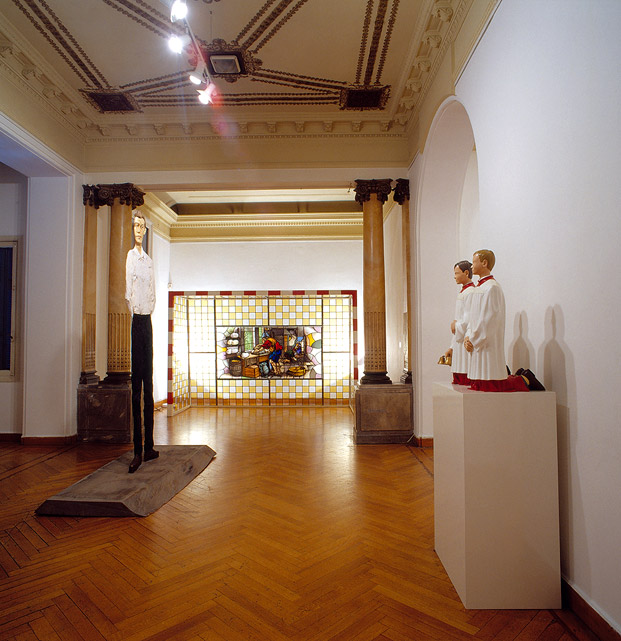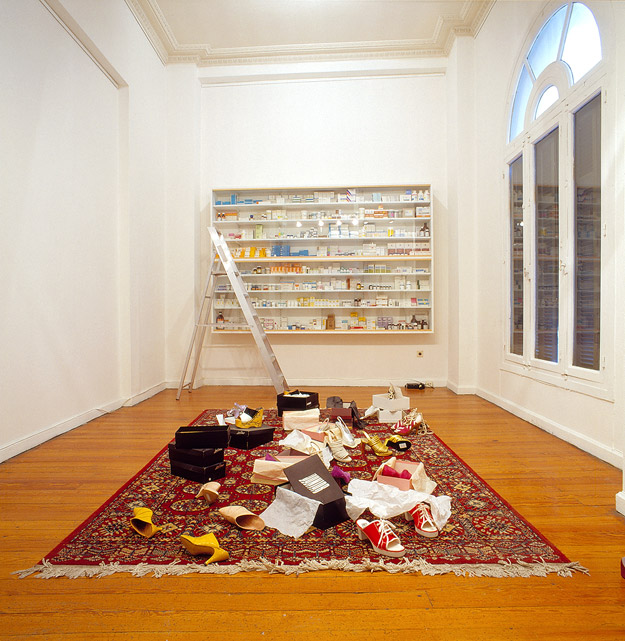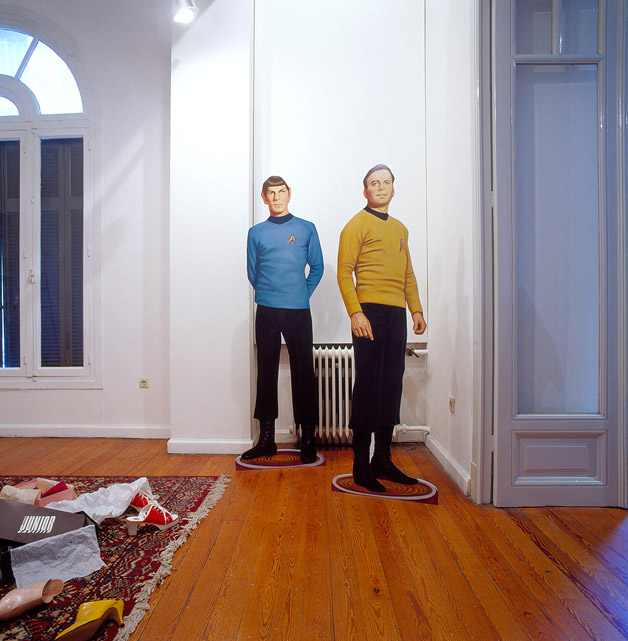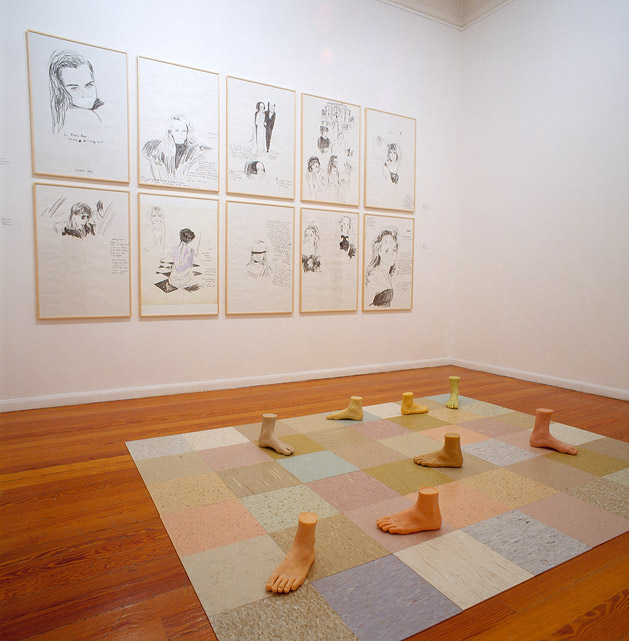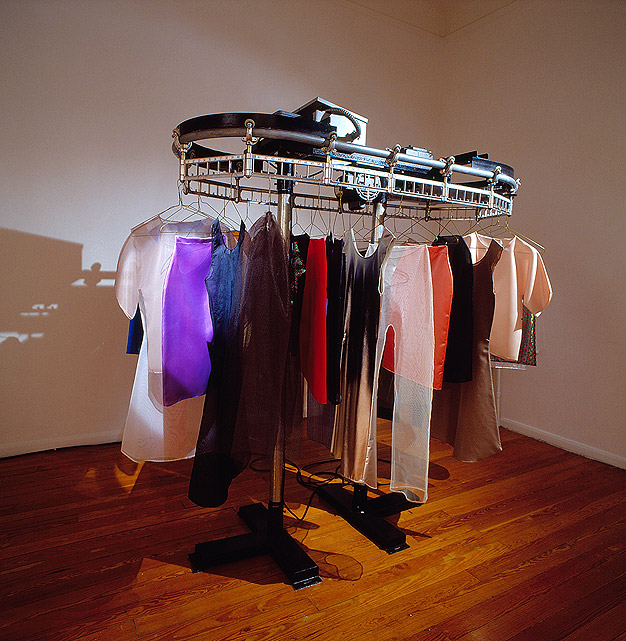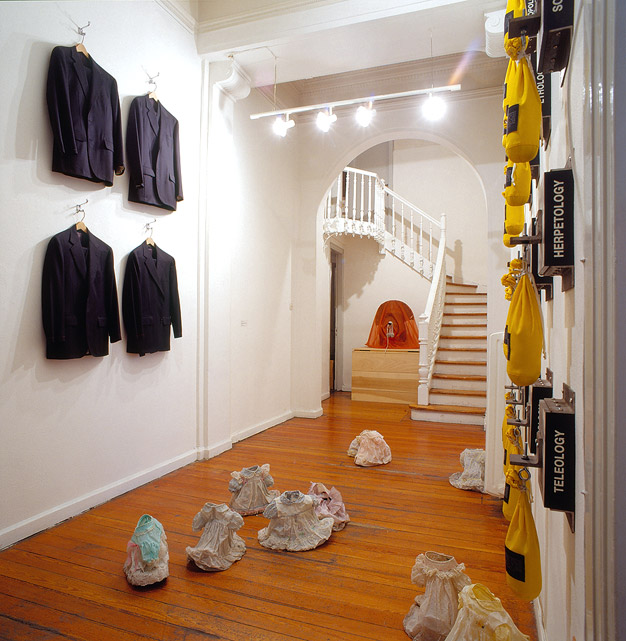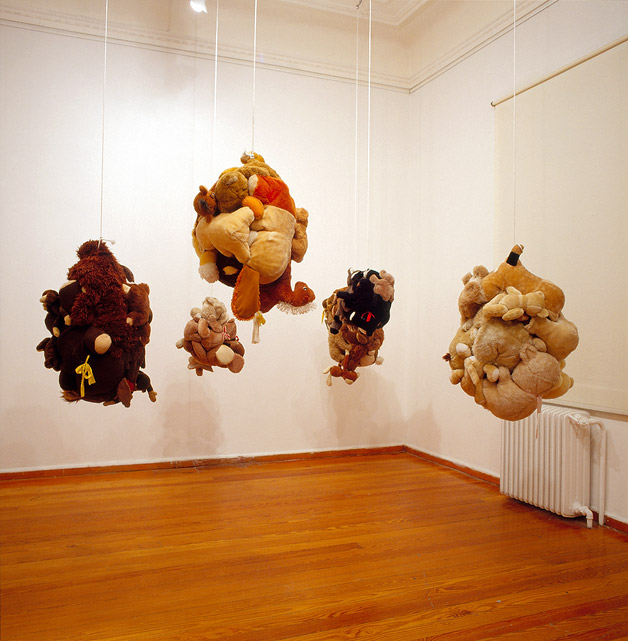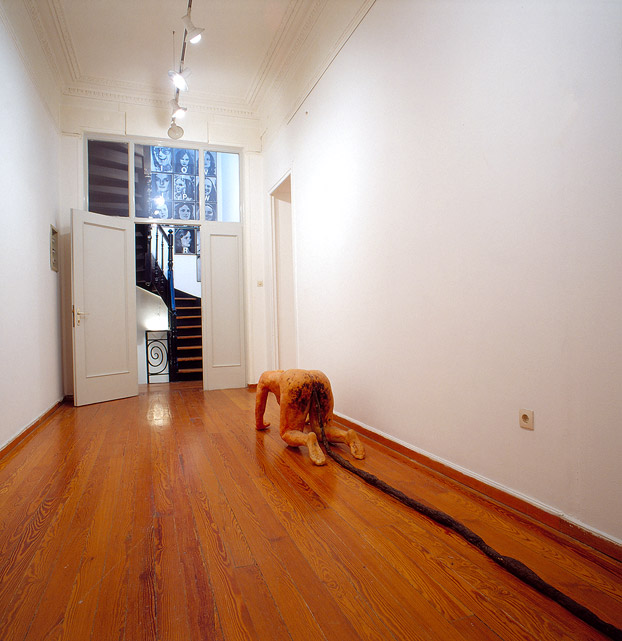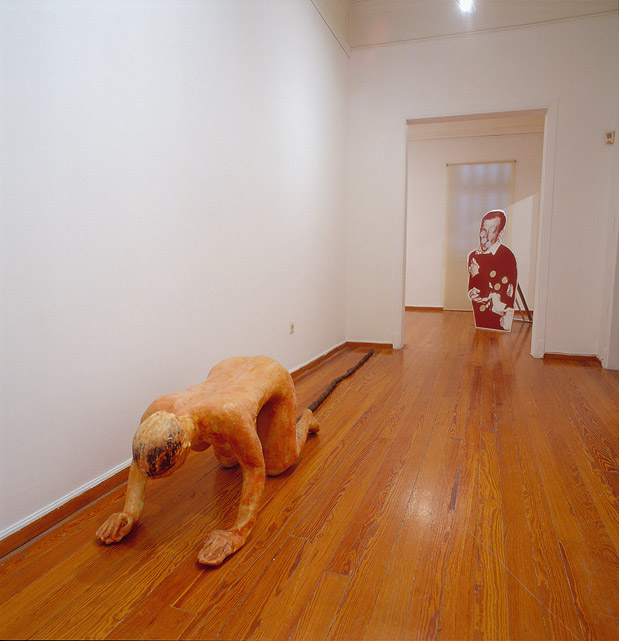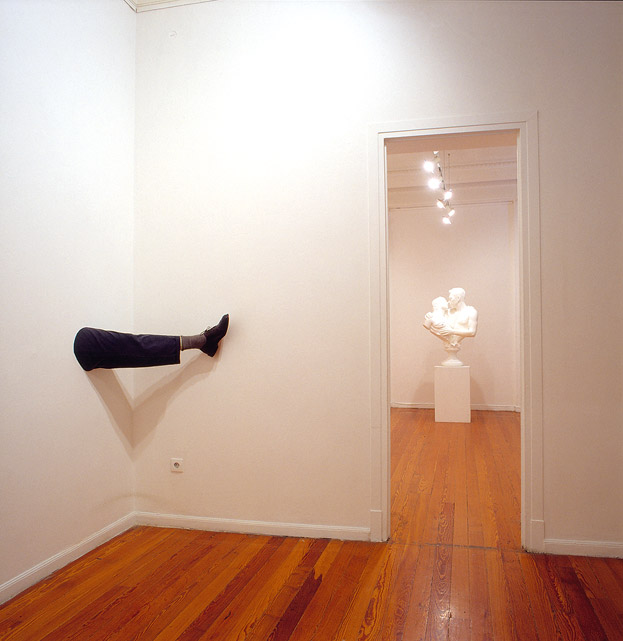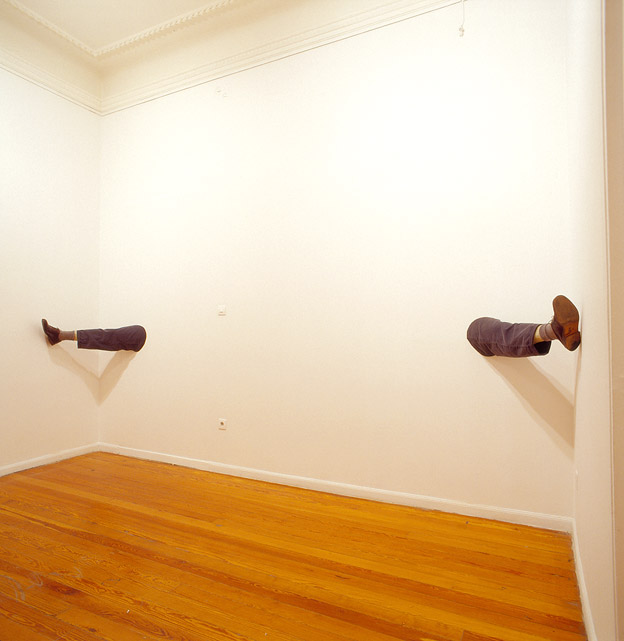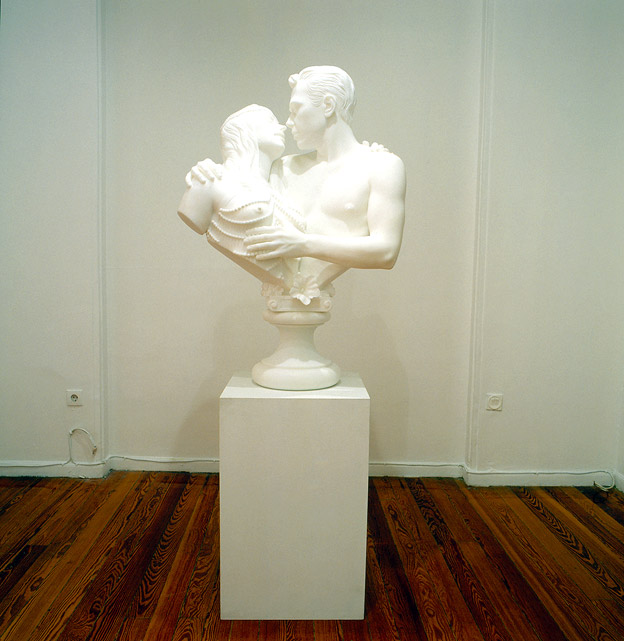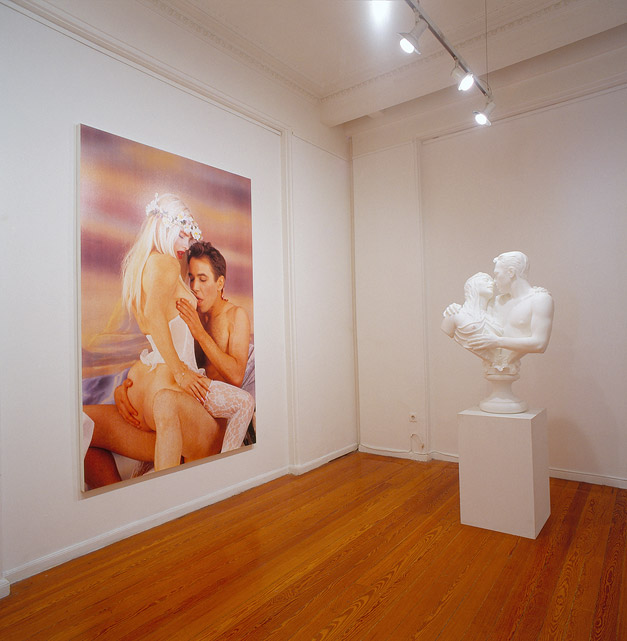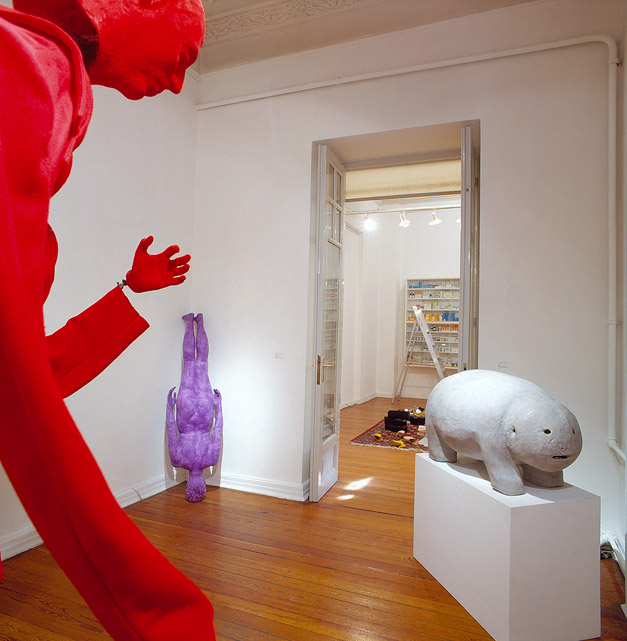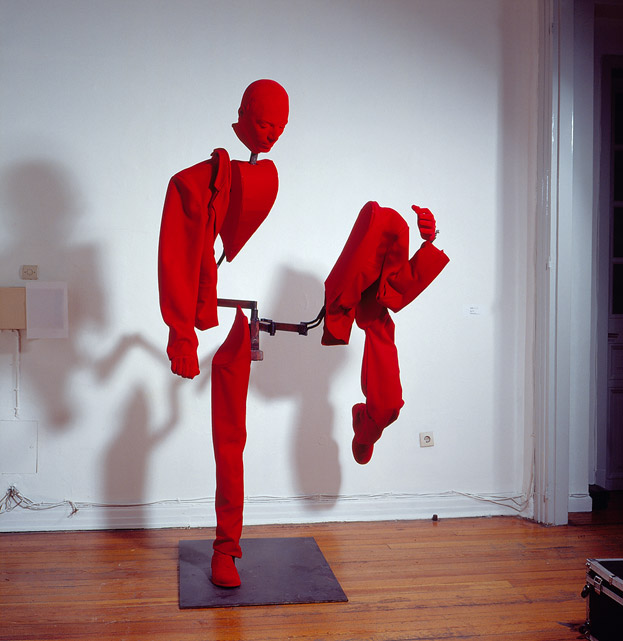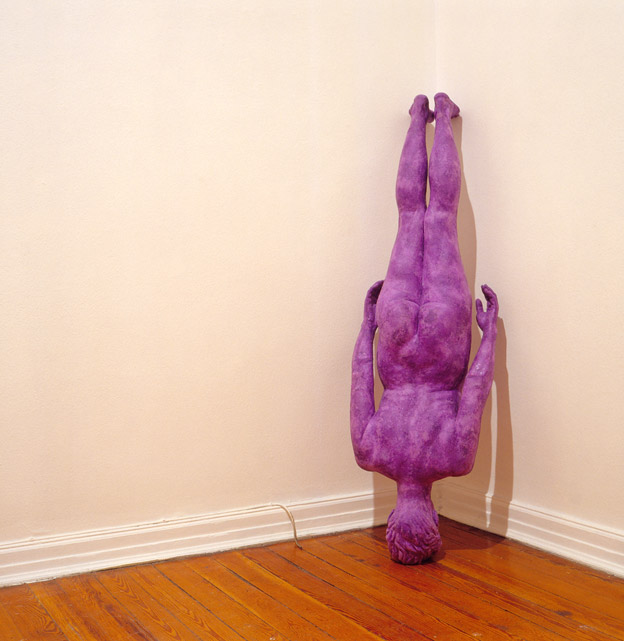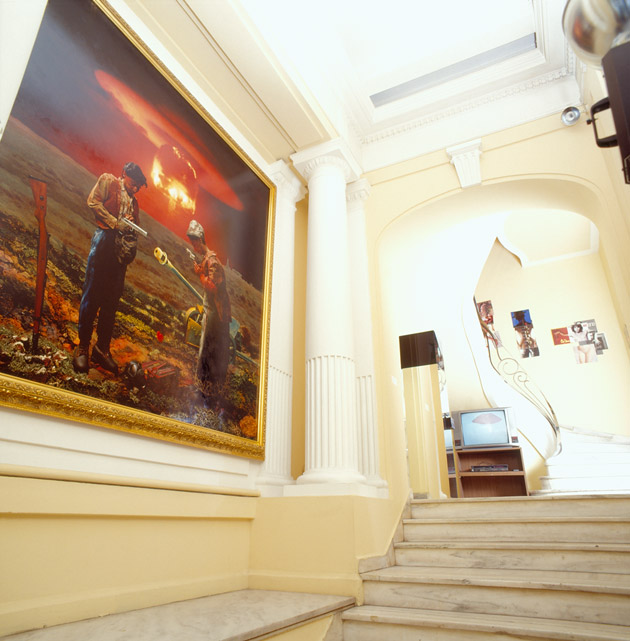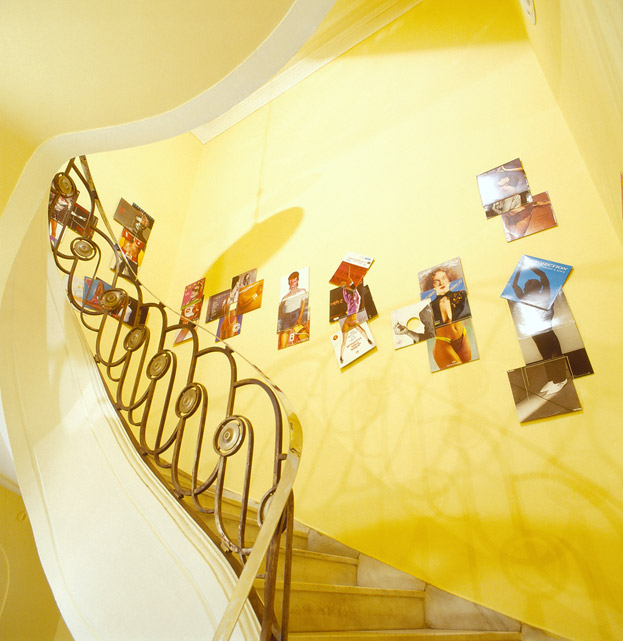The matter-of-fact acceptance of one’s “natural” looks and one’s “natural” personality is being replaced by a growing sense that it is normal to reinvent oneself; a sense that one can simply construct the new self that one wants, freed from the constraints of one’s past and one’s inherit genetic code. As radical plastic surgery, computer-chip brain implants, and gene-splicing become routine, our new technological and sociological environment is gradually shaping a new concept of self, a new construction of what it means to be a human being.
Post Human explores the new approaches to figurative art based on vital developments in biotechnology and computer science which redefine the notions of the self and of the human figure. The combination of these two sets of technologies will create not only new life forms and communication channels, but will shape new perceptions of time and space and even lead to new structures of thinking. Influenced or inspired by developments such as genetics and plastic surgery, the works in the show investigate how artists react and, at the same time, contribute to a new “post human” model of existence.
Keeping up with the social and technological trends that are inspiring it, the new artistic interest in figuration is conceptual rather than formal. Emerging through the channel of conceptual, body, and performance art of the late ‘60s and ‘70s, the artists featured in Post Human often find their subject matter in the media or in the history of art or commerce. Much of the new figurative art is reactive to and descriptive of the “real” world, but it cannot be called realistic in the conventional sense. With the concept of the real disintegrating through an acceptance of the multiplicity of reality models and through the embrace of artificiality, the new figurative art may mark the end of Realism.
As the organic, naturally evolving model of human life is replaced by the artificial evolution into the post-human, art is likely to assume a much more central role. Technology will make it possible to remodel our bodies and supercharge our minds, but art will have to help provide the inspiration for what our bodies should look like and what our minds should be doing. In the post-human future, artists may no longer be involved in just redefining art, but may also be involved in redefining life.
Organized by the FAE Musée d’Art Contemporain, Castello di Rivoli, Turin, the Deichtorhallen Hamburg, and the DESTE Foundation.
